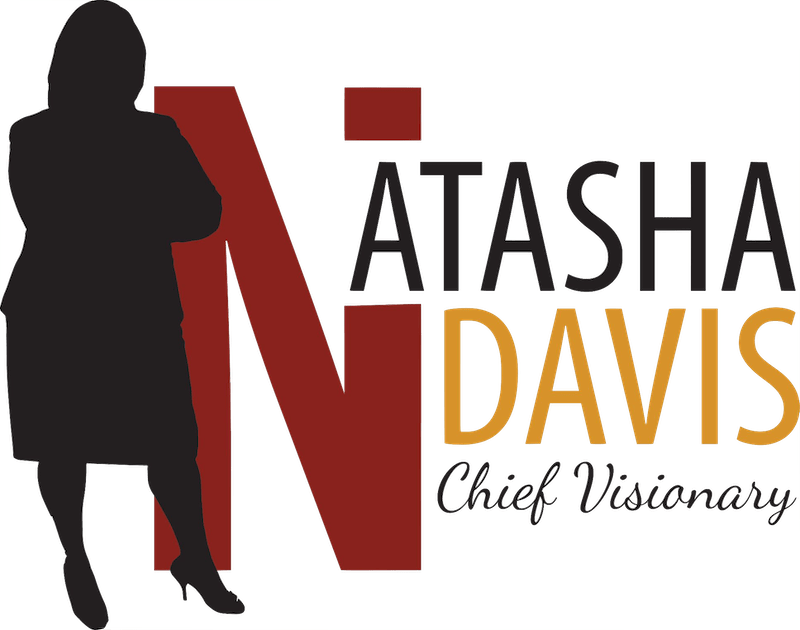Many startup businesses dream of growing exponentially with big revenue and big profits. However, business growth happens in phases while operating the business. Not all growth is the same.
For some businesses, they grow in client numbers, employee numbers, location numbers, or revenue amount. Every business grows at a different rate, because of the many variables involved with growth.
If you want to scale your business, the first habit to get out of is using growth and scaling interchangeably. They are not the same. Each business advances from the start up phase to the stabilize phase to the scale phase. Each phase requires a different level of resources.
To develop a business mindset and a strategy that scales the company, it is imperative that you understand the difference between scaling and growing your business.
Growing Your Business
Every startup wants to grow quickly. It can be difficult to think about doing this without the cash flow, manpower and resources in place. It takes a lot of resources to sustain a constant rate of growth.
When a business gets into a growth stage, it is a time of investment because entering the growth stage will require you to stabilize operations. Revenue increases but there is also a need to maintain substantial resources. Costs increase as the company needs more capital, people, equipment, technology, etc.
This often makes sense since a startup transitioning into a growth stage needs to build a product or develop a service, create a strong brand identity, and establish greater footing in the marketplace.
If your business is in a growth stage, you are trying to reach new customers, explore new opportunities and enhance your brand reputation. New opportunities might involve diversifying your products and services and geographic reach. As you do this, you are also trying to balance your growth with your cash flow, profitability, and sustainability.
Scaling Your Business
In contrast, scaling the business is experiencing growth without incurring significant costs. This is called achieving economies of scale. When you scale your business, it affords the company geographic growth with increased revenue, decreased expenses and more stable costs of doing business. The ultimate outcome is not having to balance an increased demand for resources any longer.
Scaling involves providing more products or serving more customers while leveraging your existing resources and systems. You grow in revenue without adding more expenses. The profits are then used to innovate, expand, diversify, and create other values to help you continue to grow.
To successfully scale your business, you must have the right people, processes, and systems in place to withstand the speed at which you are growing. If you do not, the organization can quickly fail.
There are high risks when trying to scale a business, and it is not easy. You must be able to be flexible and pivot to market demands, the environment, and changes in technology. You need to ensure quality products and services, great customer satisfaction, and positive employee engagement.
One of the biggest challenges to scaling is finding and retaining top talent. You must have good people in the right positions doing the right thing. They must be able to keep up the demand, stay focused, and provide top-level customer service. Read more on our blog Scaling a Business in a Challenging Environment.
As you can guess, your company’s culture plays a significant role in the ability to successfully scale. The benefit is that you can achieve higher profits with more efficiency. You gain a greater competitive advantage. Read more about how to Start, Stabilize and Scale any Business.
While some businesses might be at the point where they are developing a strategy for a growth stage, other businesses might be at the point where they are developing a strategy for scaling, nothing happens overnight and both require intention and support.
Whether you are in the phase of creating steady growth or it’s time for the company to scale, Chief Visionary Natasha Davis provides executive coaching and corporate training to help you develop a good strategy and a strong brand.

